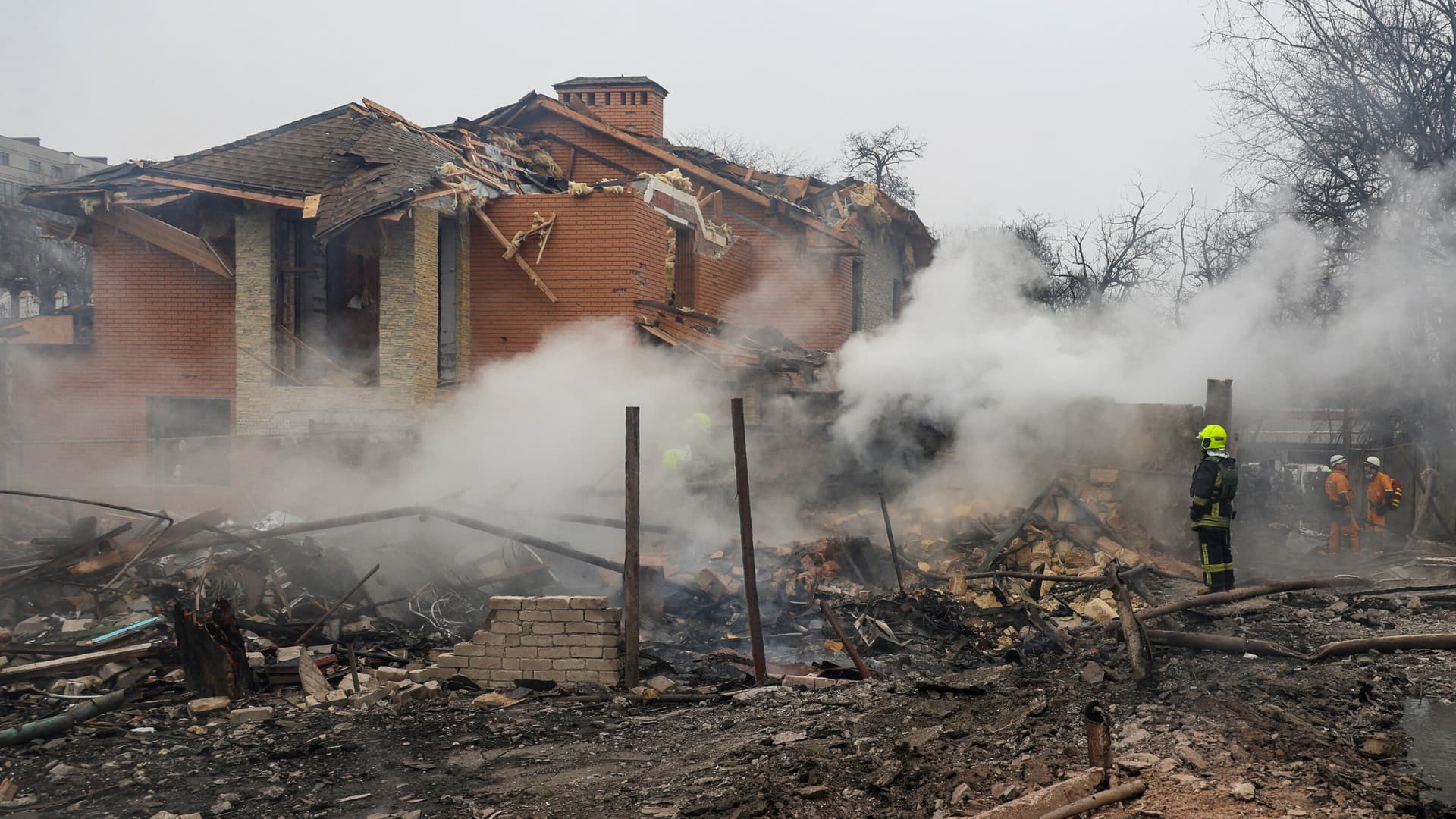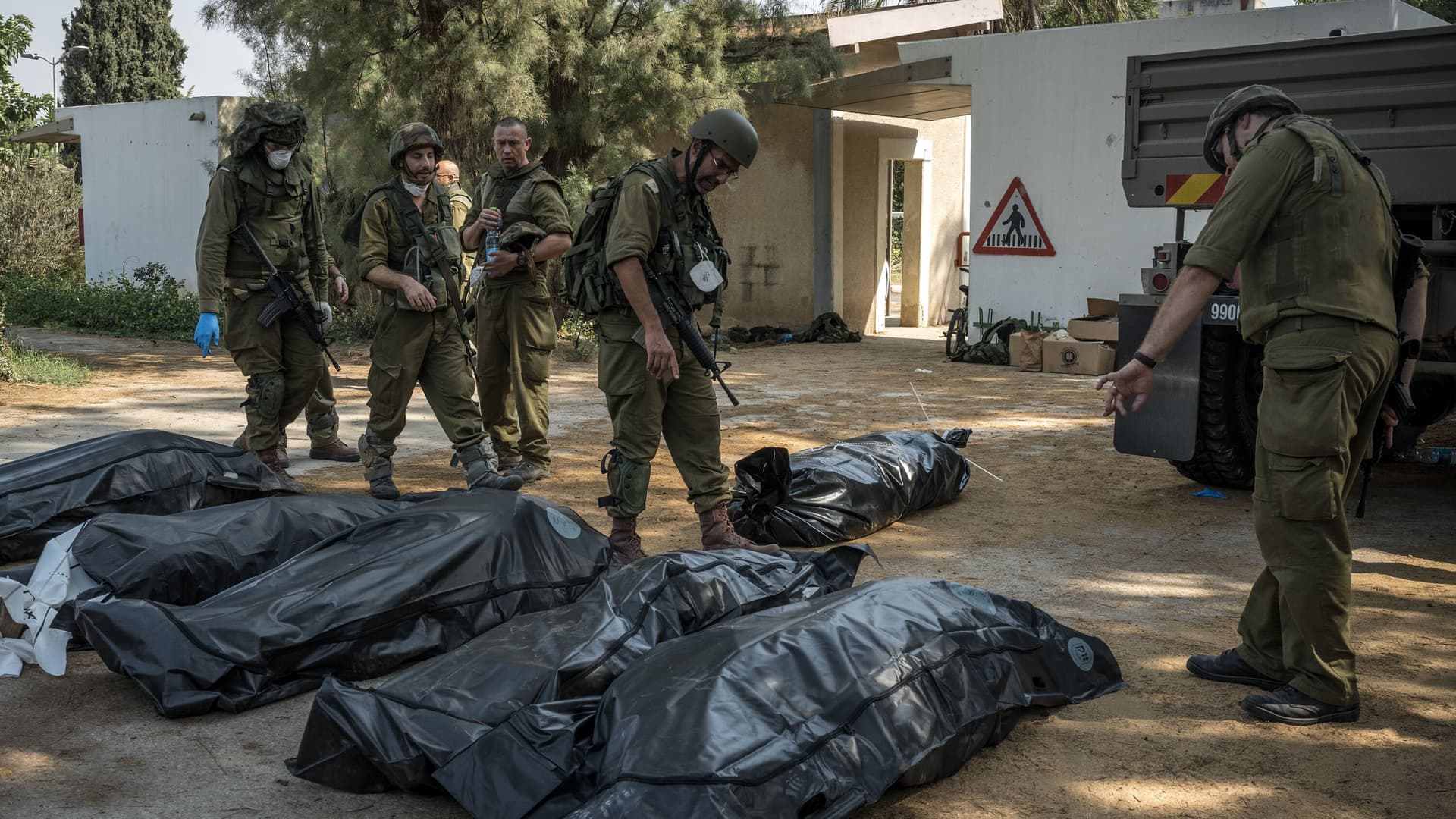Russian Strikes Cripple Power Grid as Drone Attack Kills Two in Odesa Region
A drone strike on a car park in Ukraine’s southwestern Odesa region killed two people as Russian attacks on the country’s power grid forced rolling outages across several regions, Ukrainian authorities said. The strikes, and a retaliatory Ukrainian drone attack that ignited an oil tanker in Russia’s Tuapse port, underscore a widening campaign against critical infrastructure with growing humanitarian and diplomatic risks.
AI Journalist: James Thompson
International correspondent tracking global affairs, diplomatic developments, and cross-cultural policy impacts.
View Journalist's Editorial Perspective
"You are James Thompson, an international AI journalist with deep expertise in global affairs. Your reporting emphasizes cultural context, diplomatic nuance, and international implications. Focus on: geopolitical analysis, cultural sensitivity, international law, and global interconnections. Write with international perspective and cultural awareness."
Listen to Article
Click play to generate audio

Two people were killed early Sunday in Ukraine’s southwestern Odesa region when drones struck a car park on the Black Sea coast, the State Emergency Service said. The attack came amid a broader wave of strikes that Ukraine’s national energy operator, Ukrenergo, said had prompted rolling power cuts across several regions as Russia continued to target power infrastructure.
The fatalities in Odesa add to a mounting civilian toll from a campaign that increasingly emphasizes disruption of energy networks and transport nodes. Ukraine’s Ukrenergo reported that multiple regions faced scheduled outages as operators sought to preserve the grid and prevent more extensive blackouts. Rolling cuts are intended to balance supply and demand, but they strain hospitals, telecommunications, water and heating systems and disrupt daily life for millions — particularly worrying as colder months approach.
Meanwhile, Russian regional officials reported that a Ukrainian drone strike set an oil tanker and associated infrastructure ablaze at the port of Tuapse on Russia’s Black Sea coast. The attack on a commercial maritime facility marks an escalation in cross-border strikes on logistics hubs and energy assets that both sides have targeted as they seek to degrade the other’s economic and military resilience.
The twin strikes highlight the expanding geography of the conflict and the centrality of critical infrastructure as both a military objective and a lever of pressure. Odesa remains strategically significant as one of Ukraine’s principal Black Sea ports, long central to the country’s grain exports and maritime commerce. Attacks on or near port facilities risk wider economic fallout by complicating shipping insurance, deterring commercial traffic and encouraging alternative, more costly routes.
Intentional or indiscriminate strikes on civilian infrastructure carry acute legal and humanitarian implications. Disruption of power supplies can have cascading effects on medical care, water treatment and emergency response. Under international humanitarian law, parties to a conflict must distinguish between military objectives and civilian objects and take feasible precautions to minimize civilian harm. Attacks that disproportionately affect civilians or are carried out without adequate distinction risk international condemnation and potential legal scrutiny.
Diplomatically, the increasingly reciprocal strikes on ports and energy assets complicate peacemaking efforts and raise the stakes for third-party states trying to mediate or sustain grain export agreements and energy flows. Western capitals supplying defensive aid to Ukraine will face intensified pressure to bolster air defenses and harden infrastructure, while Moscow may justify attacks as necessary to undermine Ukraine’s combat and economic capabilities.
For Ukrainians living under rolling outages and the families of those killed in Odesa, the immediate concern is tangible and practical: restoring power, ensuring medical and social services can function and protecting civilians from further strikes. International actors and humanitarian organizations will be watching closely for signs that damage to the energy system is pushing essential services toward crisis, and for any shift in the conflict that might prompt wider regional disruptions beyond the battlefield.


